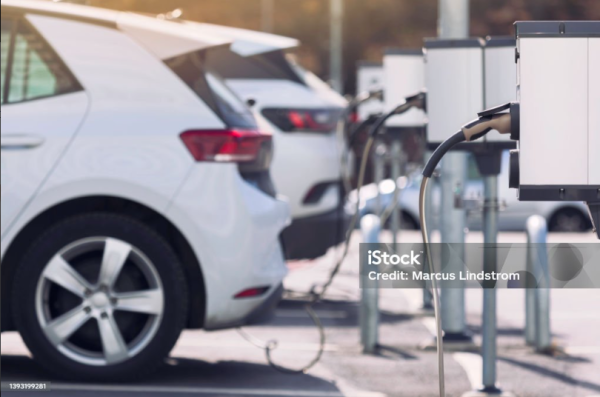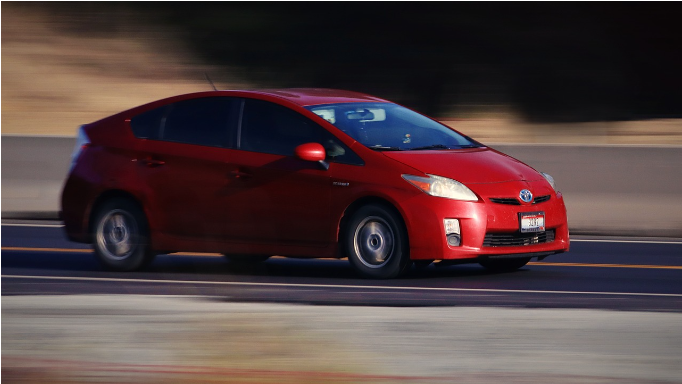The 21st century automotive industry has seen a lot of advancement with electric and hybrid vehicles, changing how Americans travel and commute. People are now transitioning from Gasoline vehicles to hybrid and electric but lately it seems like some are getting priced out.
Take the newest generation Honda CRV, and it’s hybrid variant, a popular mid-size SUV with a hybrid variant. The base model gasoline CRV’s starting price is $29,500, while the base hybrid model’s starting price is $34,050, about a $4500 difference. This doesn’t sound like all that much with the additional equipment, such as batteries, electric motors, a hybrid control module, and any other additional equipment, but when you take into account options, and dealer fees and upcharge, your not going to be looking $34,000 but possibly closer to $37,000 or more with additional fees. Then you’re also looking at car loans, which will now lead to a higher monthly payment that many people cannot afford
Even if consumers were to consider buying a sedan instead of a SUV, the costs would still be much higher. The price of a base model Honda Accord with a gasoline engine is $27,895, vs. the base hybrid model’s price of $32,895, $5,000 more. Again, ok, $5000 doesn’t seem like a lot with all the additional equipment needed for a hybrid vehicle, but now take a look at interest rates and loans, the dealer fees, and tax.
The Price Breakdown
Right now the average rate on a five year car loan is 7.71%, meaning if you take out a $30,000 loan after putting $5,000 down on a hybrid vehicle with options costing around $35,000, you can expect to pay $6,248 in interest, with a monthly payment of $604.14. Then you also have to pay dealer fees, including titling, taxes, inspection, destination, and documentation fees. You can expect to pay between 8 and 10 percent of the car’s value for these fees, so for that $35,000 car, with 9% of fees, you will be paying an additional $3,150. So now that $35,000 dollar car with interest and dealer fees is a $44,398 dollar car, After 5 years, a hybrid car is expected to lose on average 37.4% of its original $35,000 value so while your still paying your $44,398, that car is now worth $21,910, not great right? On the other hand if the consumer bought the gasoline variant with some options at roughly $30,000 they would be able to now put down a $10,000 payment. This would then lead to the interest cost being about $2,000 less, at $4,165, and the monthly payment being lowered to $402.76, a much more manageable expense. The additional fees concurred with a vehicle would be less as well, being approximately $2,700, totaling the cars price to about $34,700, about $10,000 less than a hybrid vehicle with similar options. Although the gasoline car’s value is lower than a comparable hybrid at 5 years old, losing approximately 38.8% of its value, that $30,000 car would be now valued at $18,360.
It is each consumer’s job to weigh out the pros and cons of a hybrid vehicle, including their upfront costs, long term gasoline savings, and smaller environmental impact. If it makes sense, do it! These vehicles have been proven, and the technology tested, the first generation Toyota Prius, the first production hybrid, is now over 20 years old. Just make sure it’s in your price range.
Gas vs. hybrid vs. electric cars: A complete guide
Average Auto Loan Rates in March 2024
Average Car Loan Interest Rates by Credit Score
Mortgages, auto loans, credit cards: Expert predictions for interest rates in 2024
Dealer Fees to Watch Out For When Buying a Car









